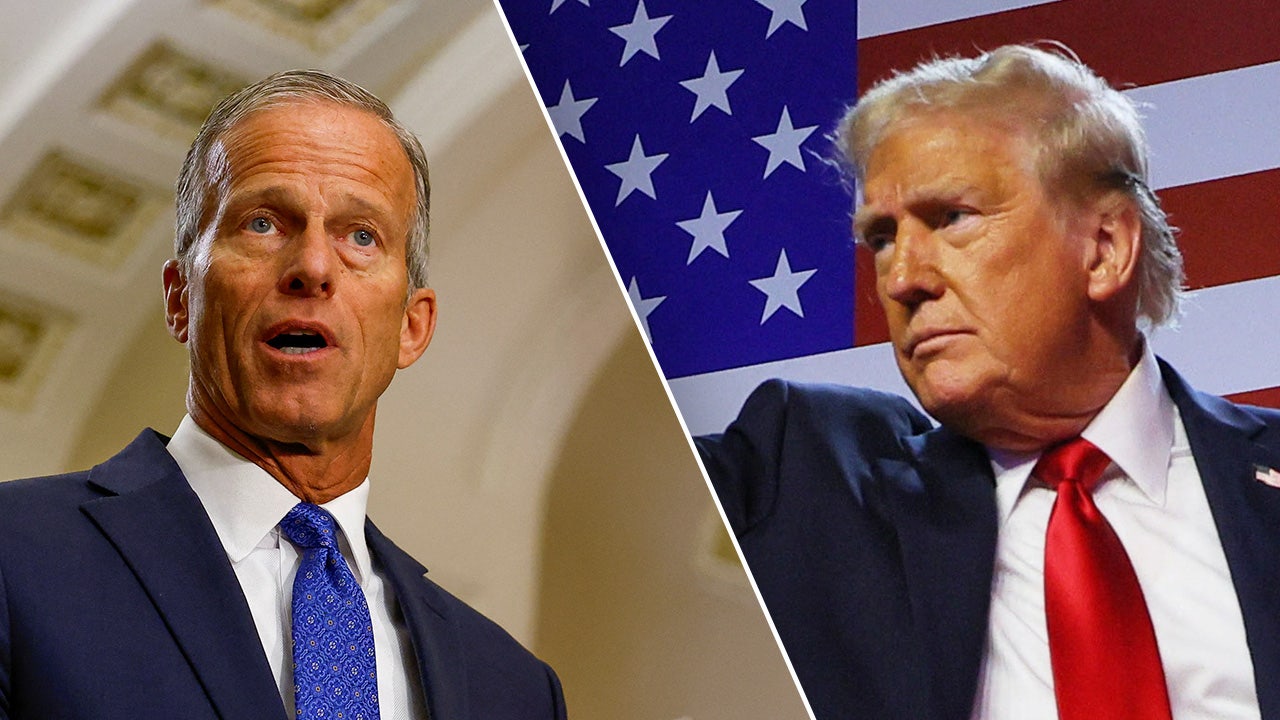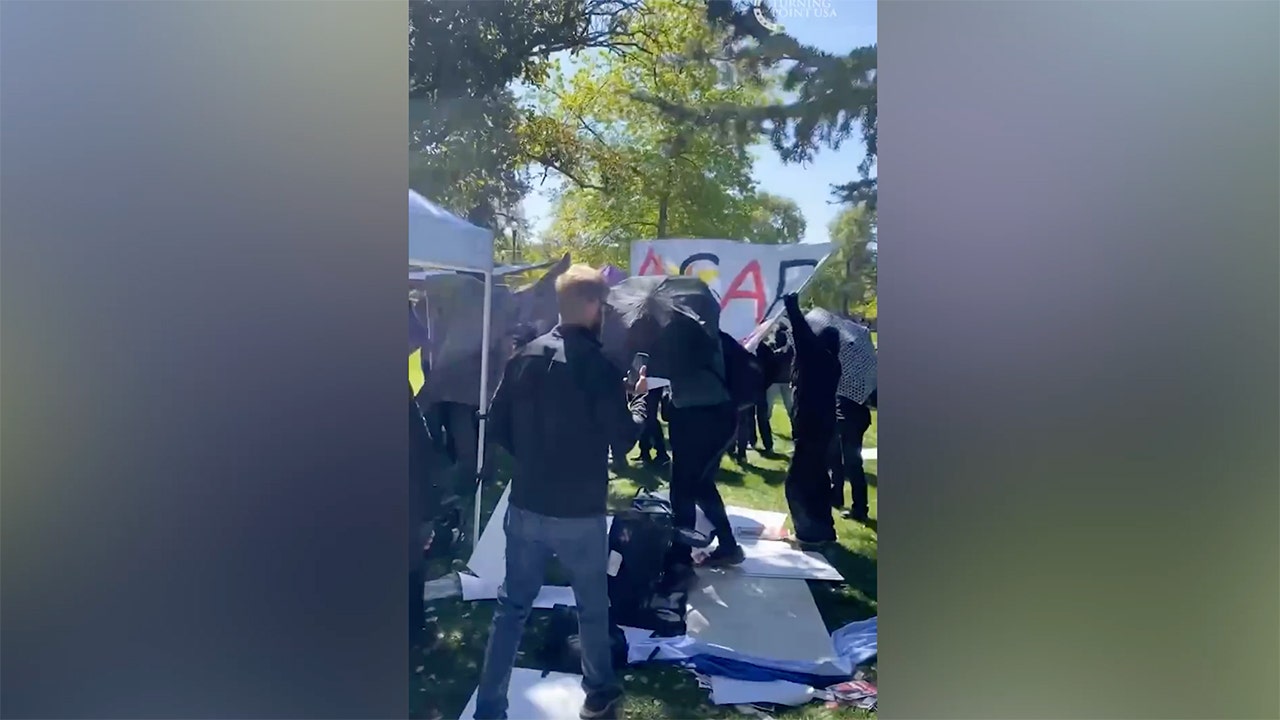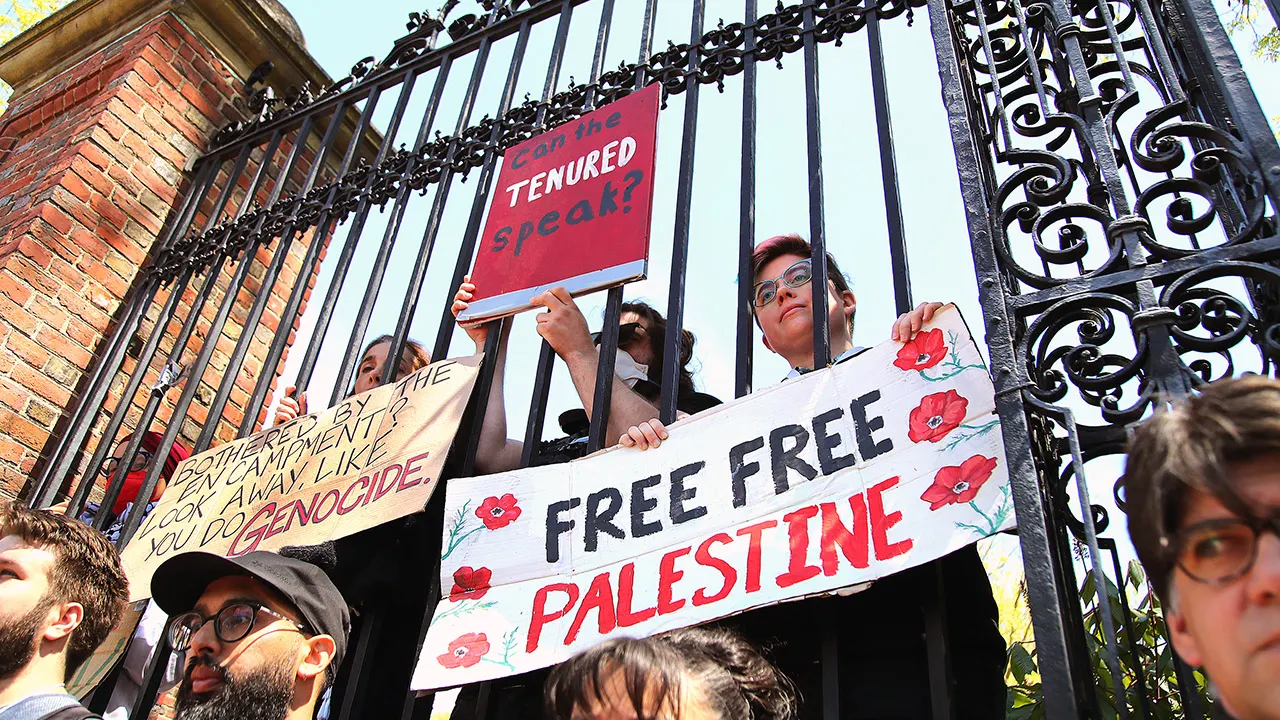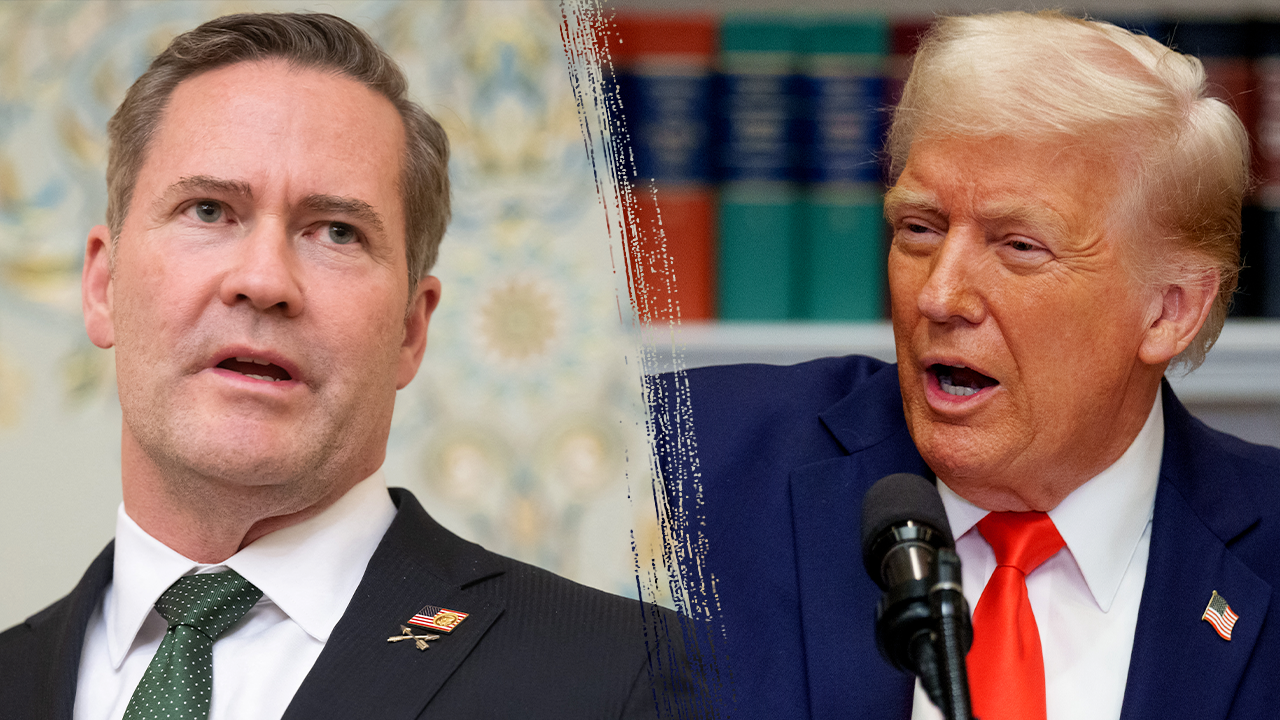President Trump’s antisemitism task force is probing more than $8.7 billion worth of multi-year federal grant commitments with Harvard University and its affiliates to ensure that it is complying with civil rights laws.
That review will also extend to $255 million in contracts that Harvard has locked down with the federal government, according to a Monday announcement from Education Department, which is part of the task force.
“Harvard has served as a symbol of the American Dream for generations – the pinnacle aspiration for students all over the world to work hard and earn admission to the storied institution,” Education Secretary Linda McMahon said in a statement.
“Harvard’s failure to protect students on campus from anti-Semitic discrimination – all while promoting divisive ideologies over free inquiry – has put its reputation in serious jeopardy. Harvard can right these wrongs and restore itself to a campus dedicated to academic excellence and truth-seeking, where all students feel safe on its campus.”
The Department of Education, the Department of Health and Human Services and General Services Administration are conducting the comprehensive review as part of the Trump administration’s Joint Task Force to Combat Anti-Semitism.
Monday’s announcement comes after fellow Ivy League school Columbia University effectively caved earlier this month to the Trump administration’s demands to crack down on antisemitism on campus.
Earlier this month, the Department of Education’s civil rights arm put 60 colleges and universities, including Harvard, on notice that they could have their federal funds yanked away if they fail to properly address antisemitism on campus.
Under Title VI of the Civil Rights Act, institutions of higher education are prohibited from getting federal funds if they participate in or enable discrimination based on race, national origin, religion or other characteristics.
Not long after returning to the White House, Trump signed an executive order instructing the Education Department and other key federal agencies to crack down on antisemitism in colleges and universities across the country.
Trump also formed the Joint Task Force to Combat Antisemitism to explore all possible avenues of rooting out hatred against Jews in America.
“Hate in any form goes against the foundational principles of America,” said Federal Acquisition Service (FAS) Commissioner and Task Force Member, Josh Gruenbaum said in a statement.
“While Harvard’s recent actions to curb institutionalized anti-Semitism — though long overdue — are welcome, there is much more that the university must do to retain the privilege of receiving federal taxpayer’s hard earned dollars.”
Harvard University was among the institutions that became a hotbed of anti-Israel protests and antisemitic incidents in the wake of the deadly Oct. 7, 2023, Hamas attack against Israel.
At the start of last year, former Harvard University president Claudine Gay resigned amid plagiarism accusations that emerged during the fallout of intense scrutiny of the Ivy League school’s policies on antisemitism by Rep. Elise Stefanik (R-NY) in late 2023.
The Ivy League school has taken steps over recent weeks to make overtures to the Trump administration on its efforts to tackle antisemitism.
Just after Trump took office, for example, Harvard agreed to settle two lawsuits accusing it of failing to do enough to stop antisemitism on campus.
Harvard also agreed to adopt the International Holocaust Remembrance Alliance (IHRA) definition of antisemitism, which encompases specific types of anti-Israeli and anti-zionism.
Last week, the school announced that it would halt funding for the Palestinian school Birzeit University amid pressure from the Trump administration.
The Cambridge, Mass., university has the largest endowment of any elite school in the country, totaling $53.2 billion.
Earlier this month, Columbia University agreed to adhere to nine preconditions to gain back federal funding. The Trump administration is currently reviewing the changes as it weighs whether or not to revive the $400 billion in federal funding it froze.
Last week, Columbia interim president Katrina Armstrong resigned, shortly after she suggested in a call with faculty that she may not fully comply with all of those commitments.
The Post reached out to Harvard for comment.














